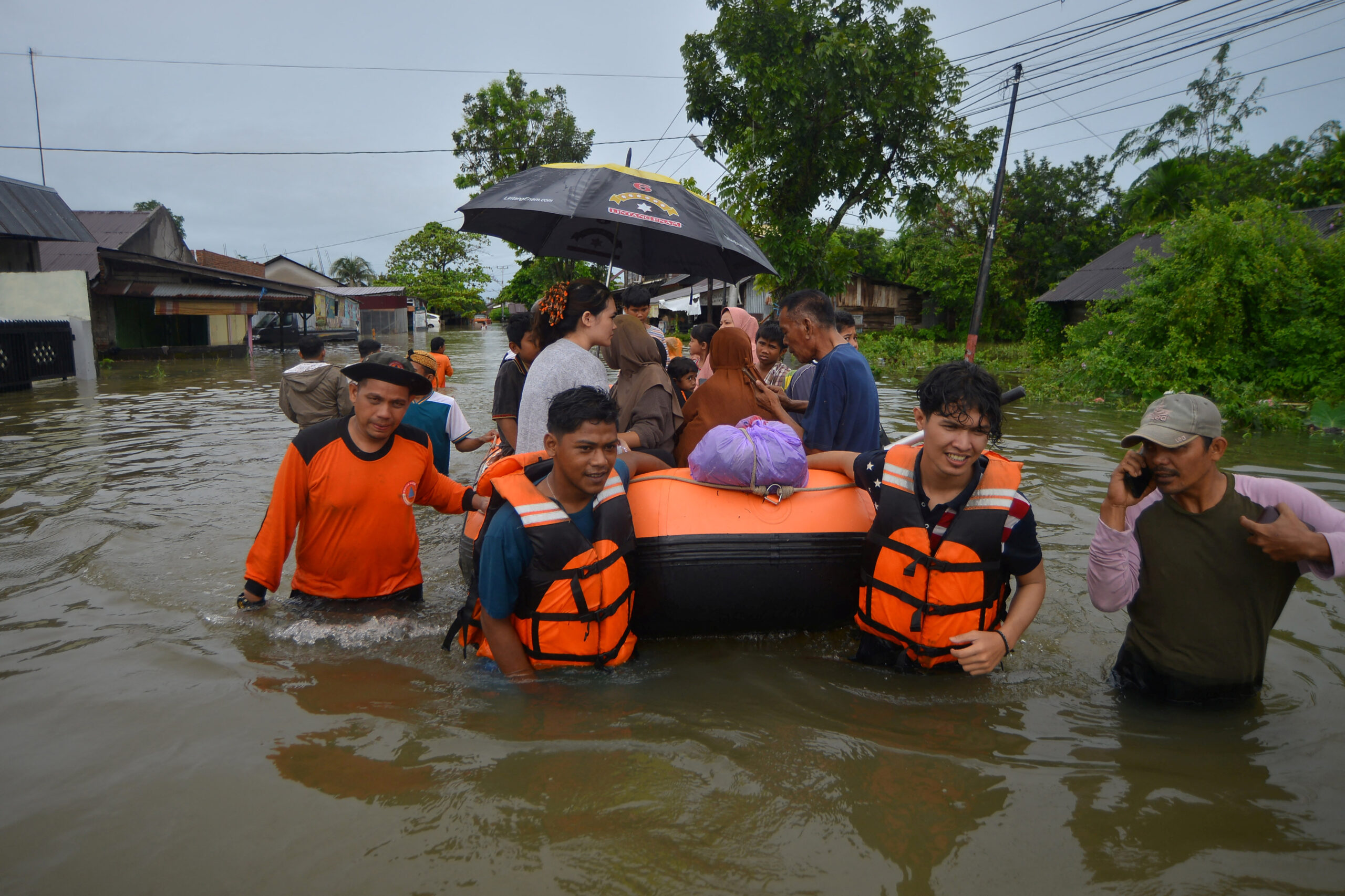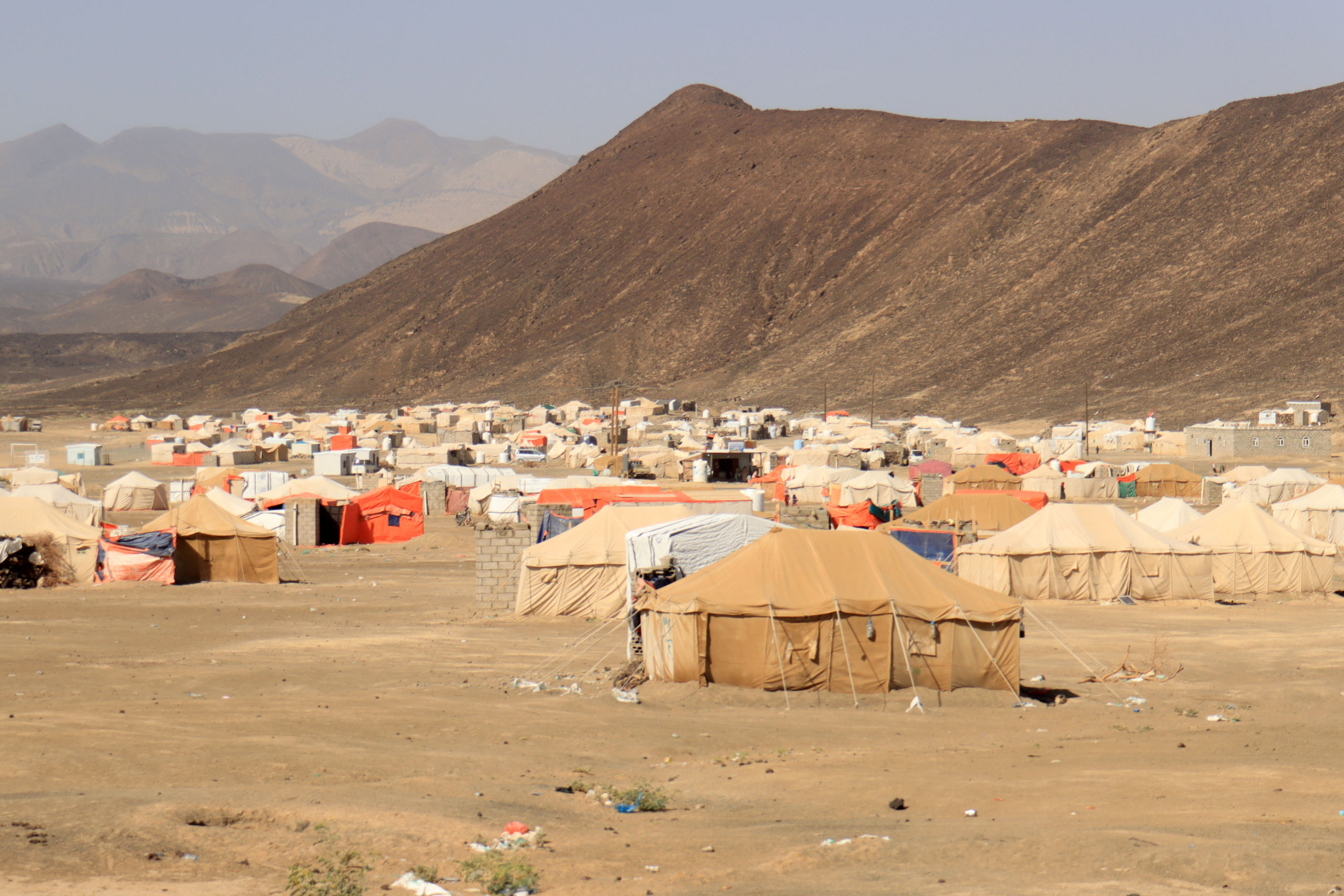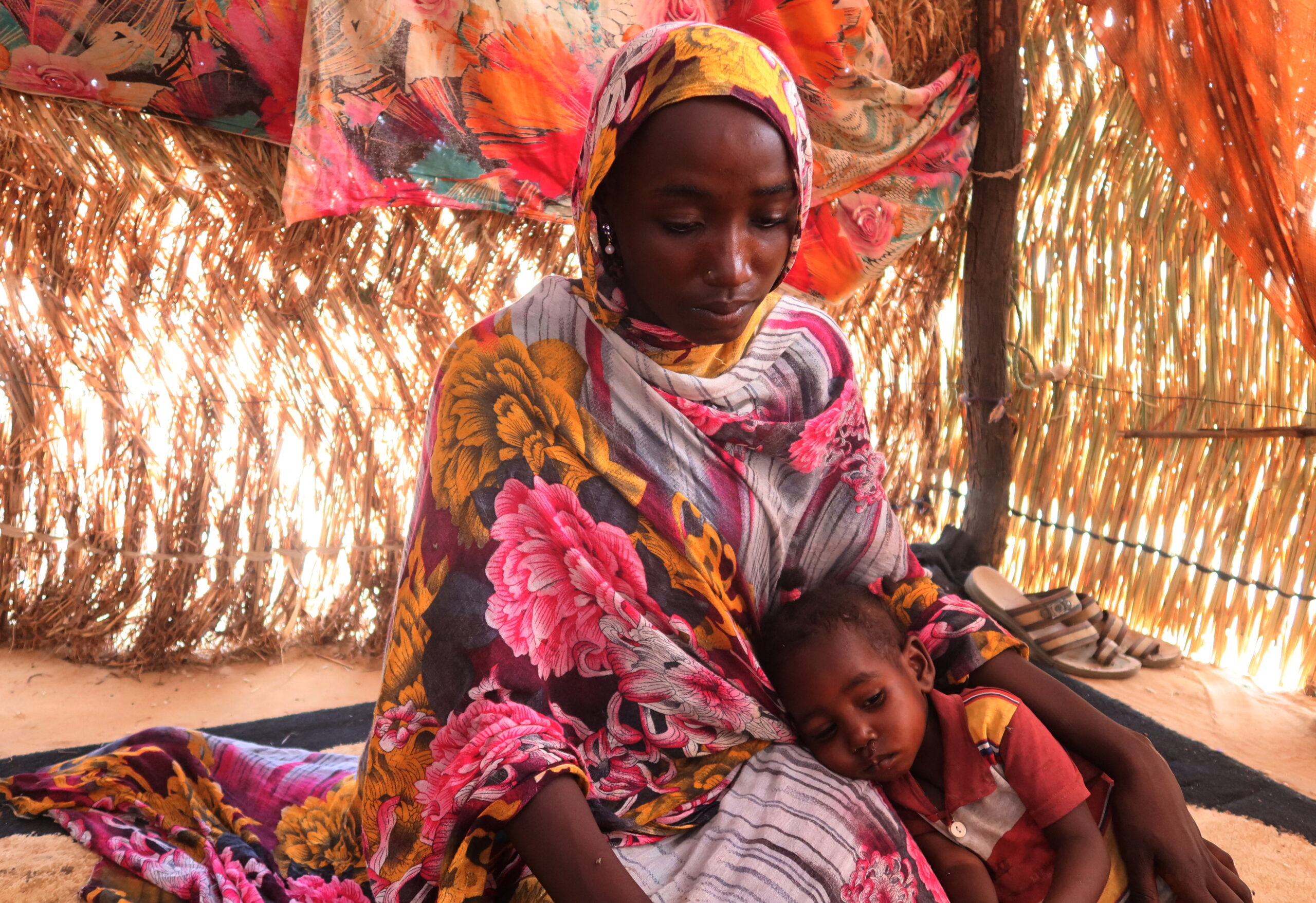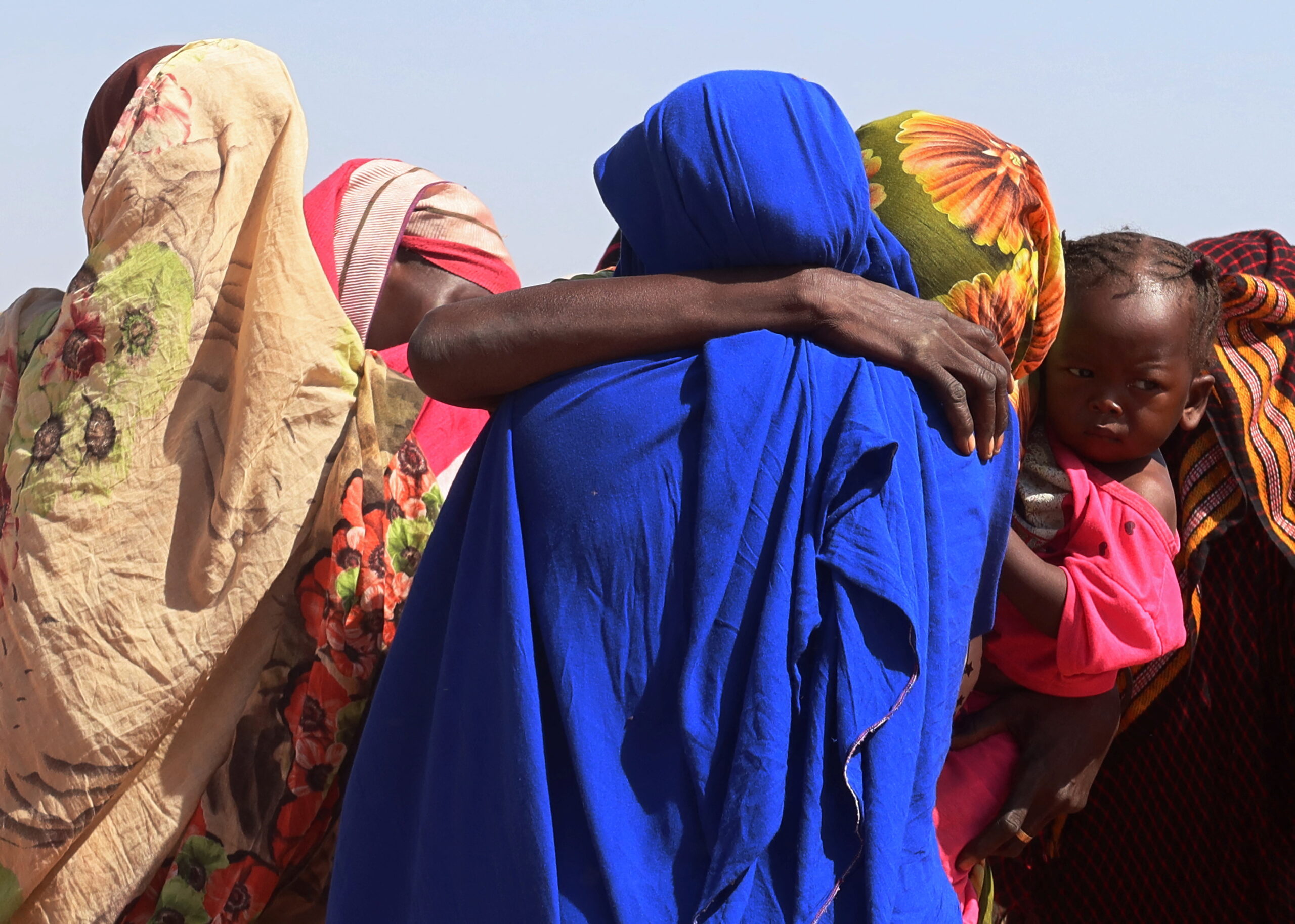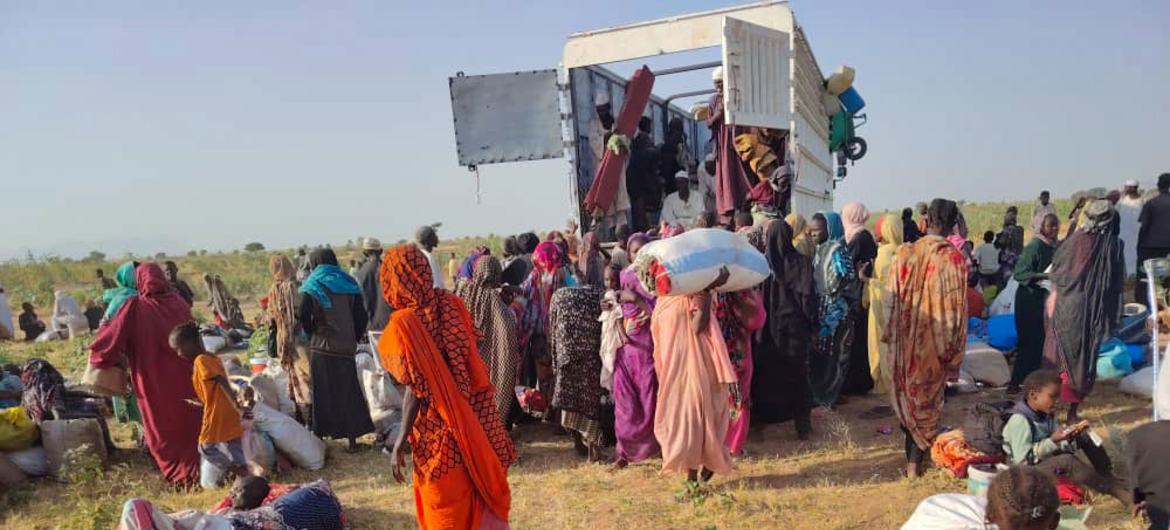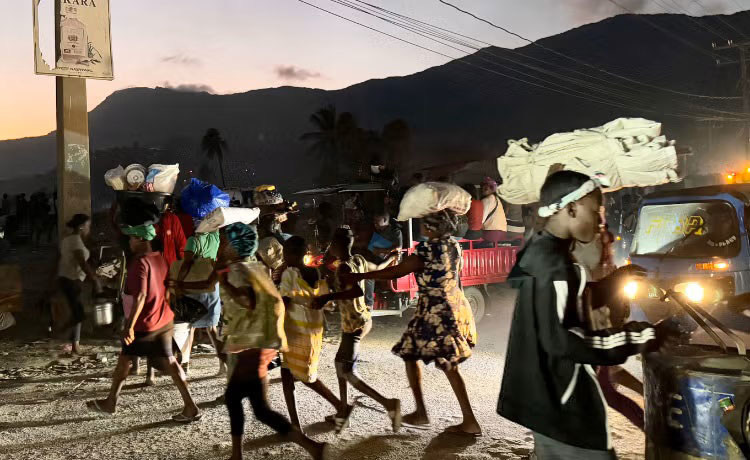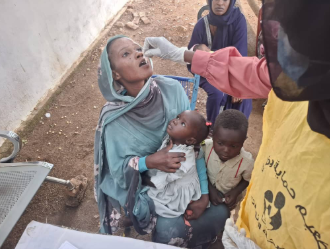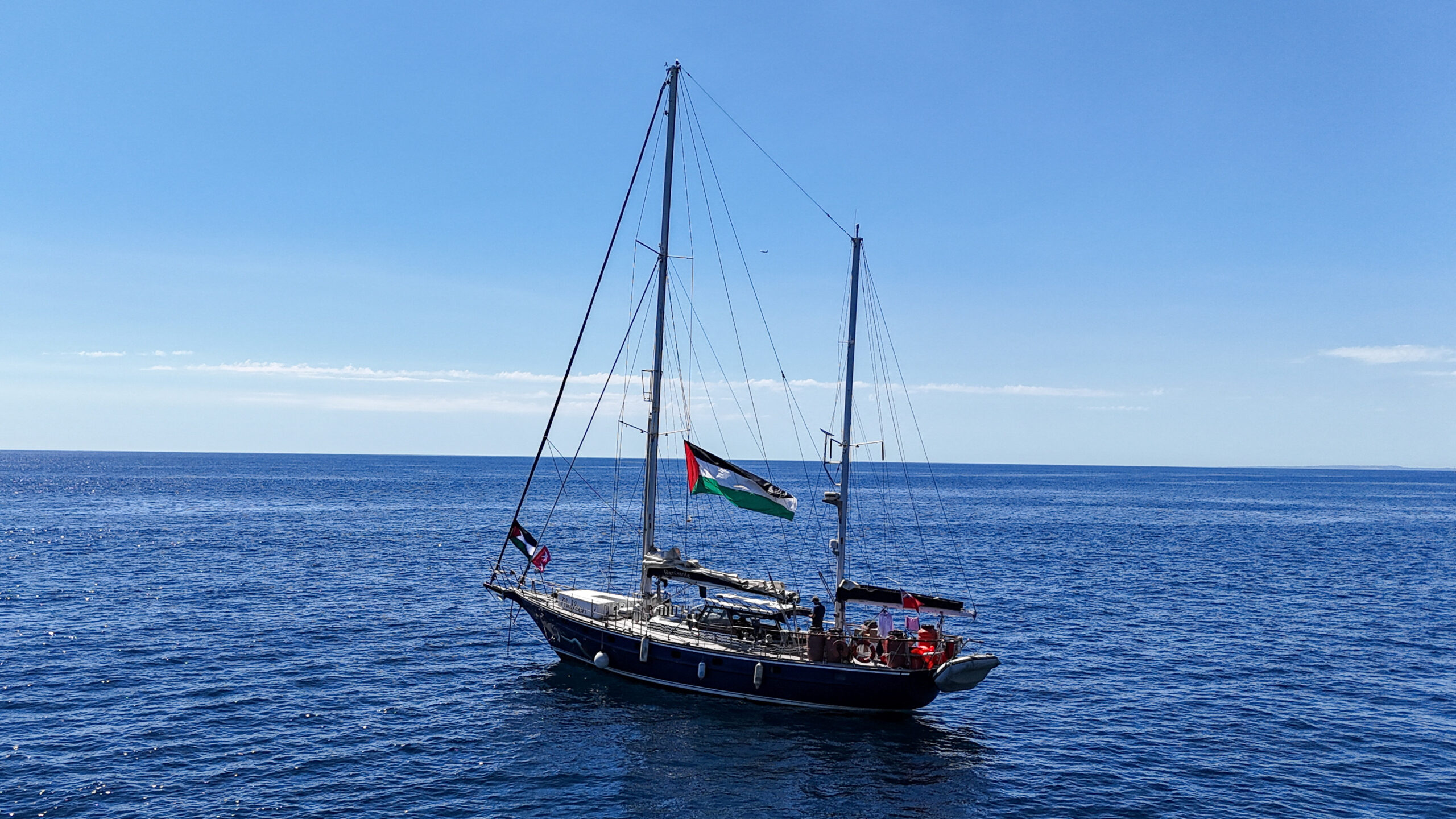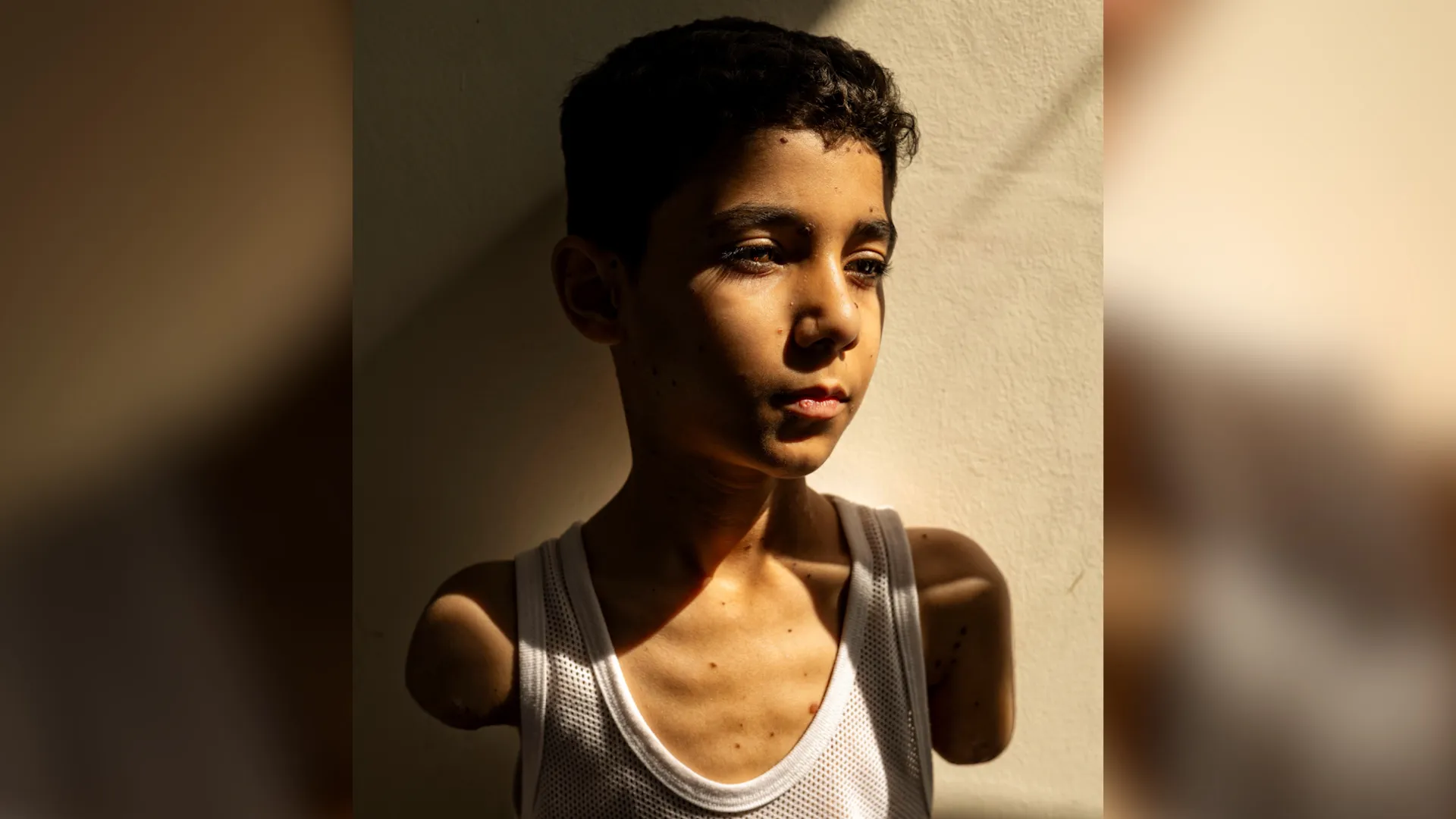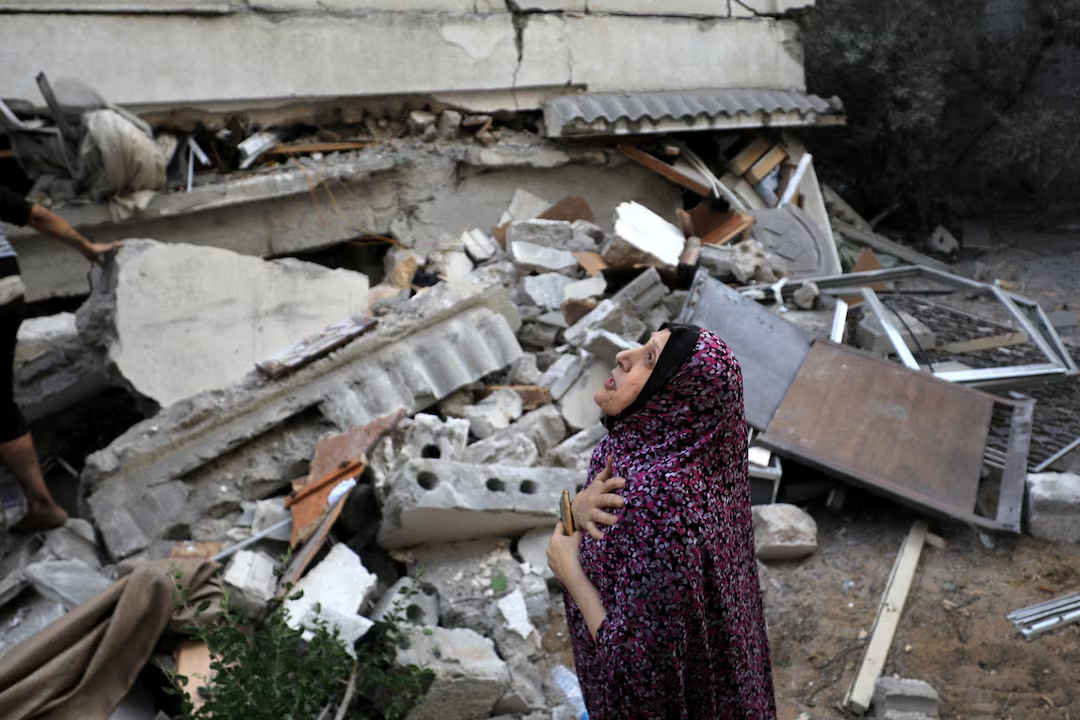Water Crisis in Bulawayo: A Struggle for Survival Amid Droughts
![A woman in Mudzi draws water at a village well, which has very limited reserves of water remaining. [Jekesai Njikizana/AFP]](https://liberties.aljazeera.com/resources/uploads/2024/10/1730111985.webp)
A woman in Mudzi draws water at a village well, which has very limited reserves of water remaining. [Jekesai Njikizana/AFP]
Zimbabwe’s second largest city, Bulawayo, is grappling with a severe water crisis that has left residents without access to water for more than five days each week.
This alarming situation has arisen as three of the city’s six reservoirs have been shut down due to ongoing drought conditions that have plagued the region.
The impact of this water shortage is profound, affecting the daily lives of Bulawayo’s approximately 700,000 residents.
With the city’s primary water sources dwindling, many residents have turned to boreholes and nearby rivers to meet their water needs.
However, this shift raises serious concerns about the potential for water-borne diseases, which can spread rapidly in conditions of inadequate sanitation and hygiene.
The reliance on alternative water sources underscores the desperation of the community as they search for ways to sustain their basic needs.
The crisis is not limited to Bulawayo alone; other cities across Zimbabwe, including the capital Harare, are also experiencing significant water shortages.
As the situation worsens, local authorities and residents are increasingly appealing for government intervention to address the dire circumstances.
The need for immediate action and long-term solutions has never been more pressing, as the struggle for water continues to threaten public health and well-being in the region.
Al Jazeera.
- Most Viewed
- Most Popular


